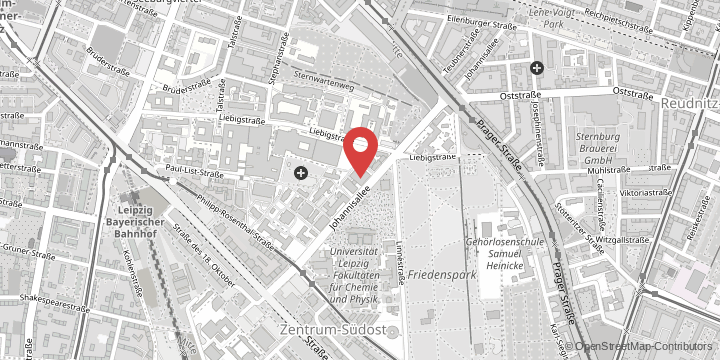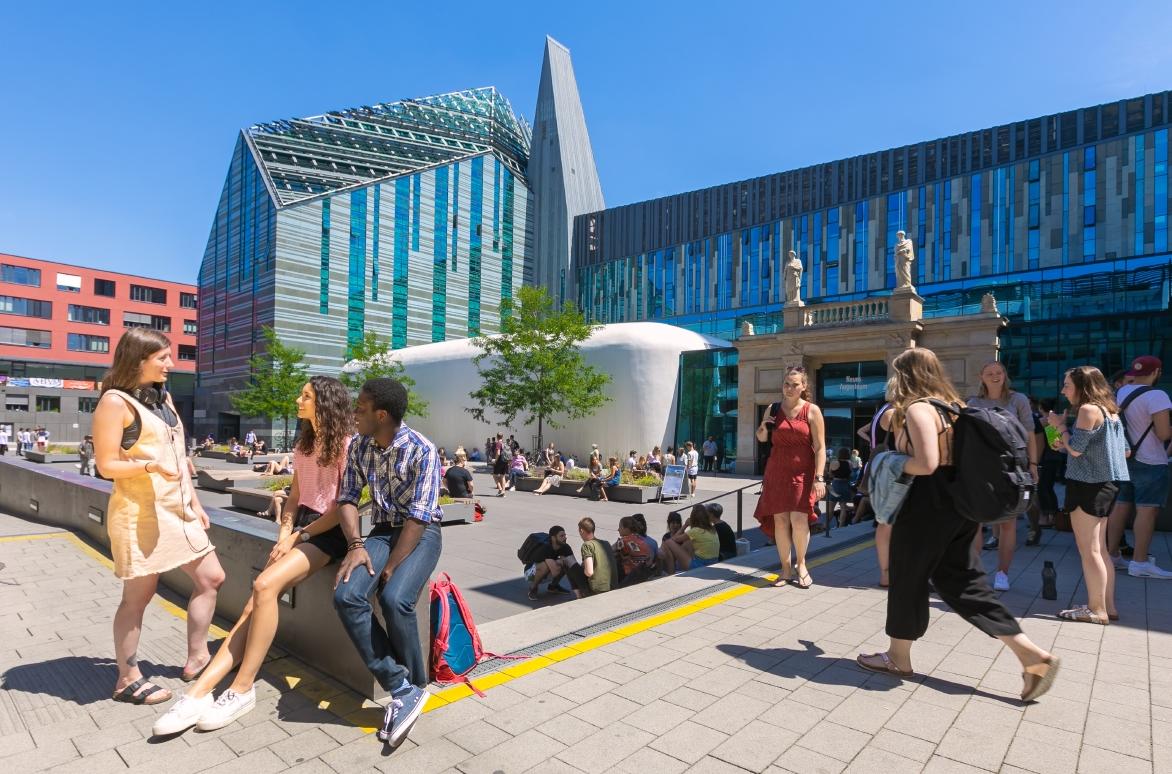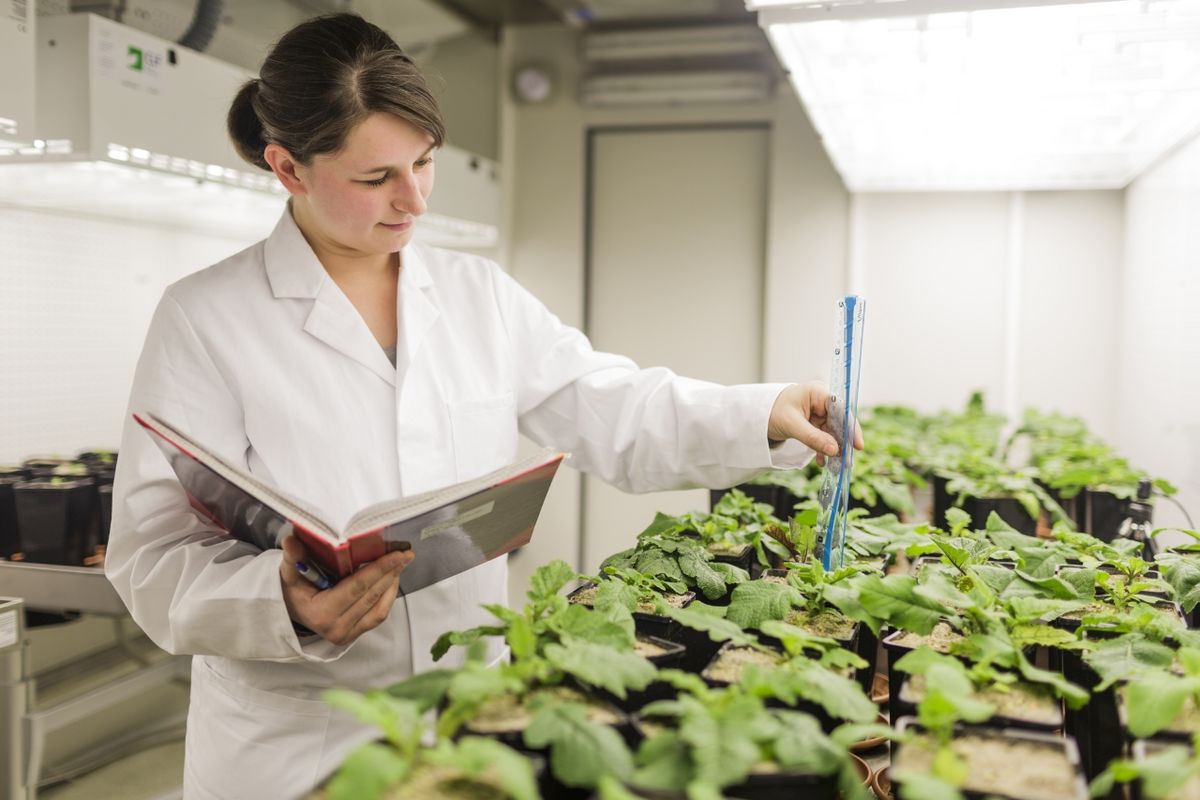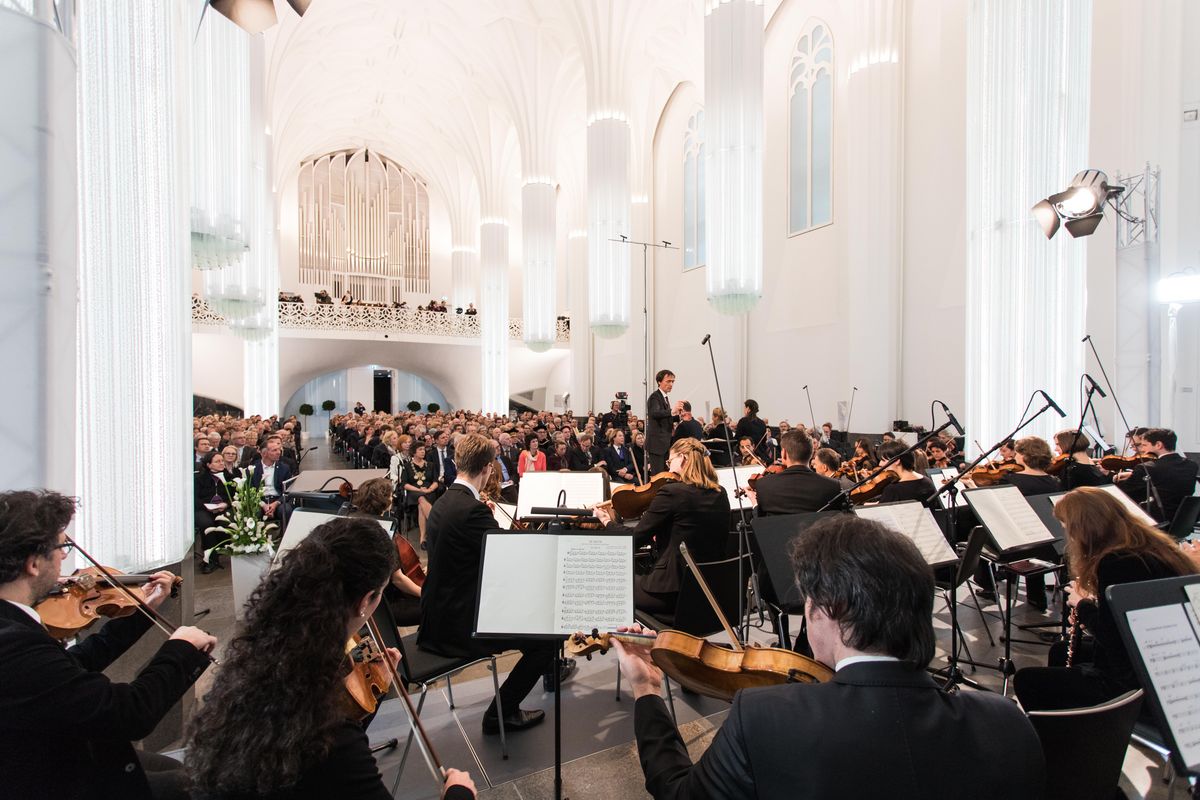Our university was founded in 1409, making it one of the oldest in Germany: a comprehensive university with 14 faculties, 465 professorships and more than 31,000 students.
Modern university, long tradition
Our university is among the oldest in Europe. Many world-renowned figures taught or studied here. Time and again, Leipzig has also been the source of major scientific developments. As an outward-looking and modern comprehensive university, we strive to be one of the leading institutions of higher education in Germany. A member of the German U15 network, today we are one of the country’s leading universities when it comes to top-class research and medical expertise.
Comprehensive university with 14 faculties and 5300 employees
Leipzig University comprises 14 faculties with over 130 institutes and centres as well as 17 central institutions. The range of subjects at our comprehensive university extends from the humanities and social sciences to the natural sciences, life sciences and medicine.
Around 460 professors and more than 2800 academic staff conduct research and teach at our university. The University employs a total of around 5300 people. The proportion of women is just under 52 per cent (university) and 62 per cent (Faculty of Medicine).
Unique variety of subjects
With 158 degree programmes, our university offers a unique variety of subjects. It is the most popular institution of higher education in the Free State of Saxony. More than 31,000 students are currently enrolled, with over 7000 young people beginning their studies every year. At 60 per cent, the proportion of female students is above average. Approximately twelve per cent of our students are from abroad.
In terms of teaching, our university stands out as a centre in Saxony for subjects involving public services of general interest (law, medicine, teaching, pharmacy). More than a third of current students are enrolled in these subjects.
A strong profile in research and transfer
Our university has been able to significantly improve its competitive position in research: in the German Research Foundation’s (DFG) 2018 Funding Atlas, we improved our ranking by ten positions to 28th place compared to 2012. External funding grew from 53 million euros in 2006 to 175 million euros in 2019.
Our profile is concentrated on three strategic research fields:
- Changed Order in a Globalised World
- Intelligent Methods and Materials
- Sustainable Principles for Life and Health
Our university’s strength in research is reflected in a DFG Research Centre, five DFG Collaborative Research Centres, two Humboldt Professorships and six ERC Grants.
With regard to entrepreneurship, Leipzig is also one of the most successful universities in Germany: we are among the top five in the category for “Start-ups with transfer of university knowledge” (Gründungsradar 2018 of the Stifterverband organisation).
Part of the Leipzig Science Network
Our university’s research fields act as the interface for our intensive cooperation with other scientific institutions in Leipzig, including three Max Planck Institutes, two Fraunhofer Institutes, four Leibniz Institutes, two Helmholtz Centres, an integrated research and treatment centre financed by the federal government, and an excellent university hospital.
We are a member of the Leipzig Science Network founded in 2018. This network will deepen the cooperation between higher education and non-university research institutions and at the same time enhance Leipzig’s national and international profile as a centre of science.
Internationally visible and well connected
Our outward-looking university is part of an international network of research and teaching partnerships. We regularly achieve top positions in the funding ranking published by the German Academic Exchange Service (DAAD). We cooperate with a wide variety of international partners on every continent and are expanding our strategic university partnerships, for example with Stellenbosch University (South Africa) and the University of Graz (Austria), into a network of international research and degree programmes. As a member of Arqus, we are also part of the European Commission’s European Universities initiative.
Campus in the city centre
Leipzig University is unique among German universities in having a large campus in the centre of the city, with important, public-facing buildings. In particular, the Neues Augusteum and the Paulinum – Assembly Hall and University Church of St. Paul have made the modern campus a centre of attraction for the city’s residents and visitors and a landmark of today’s metropolitan university. In this way, our university continues its tradition of being closely linked to life in Leipzig as a city of culture, commerce, sport and media.
With the centuries-old University Library, the university archives, the art collections, and the Leipzig Institute of German Literature, Leipzig University permanently enriches cultural life in Leipzig. Germany’s oldest botanical garden, three museums and the Teaching Collections attract many visitors. Thousands of people every year enjoy listening to the University Orchestra, the University Choir and the Unibigband.

































































